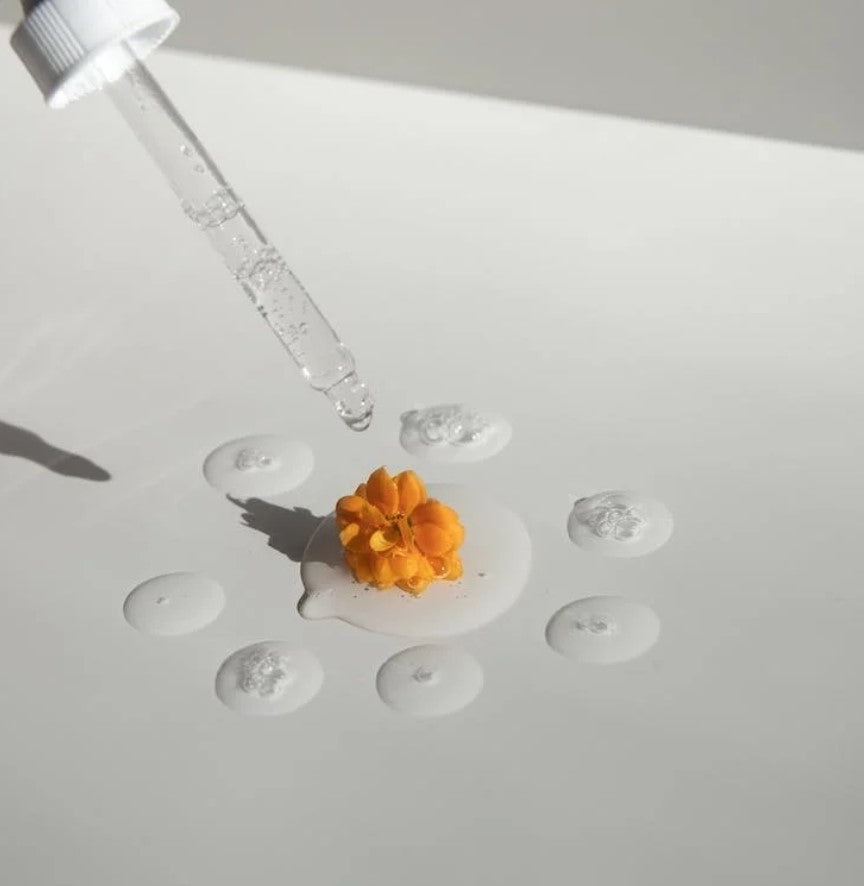
Learn about harmful ingredients found in common self-care products
Self-care is a crucial part of maintaining our physical and mental health. However, have you ever considered that the products you're using to take care of yourself might be doing more harm than good? Many of the ingredients found in common self-care products are linked to serious health issues. In this blog post, we will discuss some of the common nasties found in self-care products that you might be using right now.
Sodium Lauryl Sulfate (SLS) / Sodium Laureth Sulfate (SLES): If you've ever been frustrated with skin irritations, itchy eyes or tight dryness on your skin after using a cleanser, shampoo or hand wash - SLS and SLES may be the reason why. Commonly found in commercial skincare products, these surfactants are linked to severe irritation of the skin, lungs and eyes when used over time. In addition, they can cause dryness which worsens conditions such as eczema, contact dermatitis & psoriasis. It's wise to avoid them if you have sensitive skin! Surfactants are responsible for reducing the surface tension of water allowing bubbles to form which is why they’re so popular...but don’t be fooled: bubbles have little to nothing to do with washing dirt and grease away, even though we have been led to believe they do.
Fragrances aka fake smells: often cloaked in secrecy and contain a multitude of different chemicals. They are added to almost everything we use, from lotions to house cleaners, fabric softeners, candles, air fresheners, even toys…I could go on but you get the point, right? Sadly, fragrances are protected by legal loopholes, and companies are allowed to add whatever they like without having to declare it on the label. This lack of transparency makes language around ‘natural scents’ an attractive alternative - but this or ‘natural fragrance’ should raise a red flag too. Unless there is information that states the fragrance is derived from essential oils, be cautious. If you want to dig deeper, I invite you to watch the American documentary Stink
Parabens: We all strive for healthy, nourishing skincare; however, research has shown that these synthetic preservatives are cause for concern. Not only are they known to potentially cause hormone disruption and interfere with male and female reproduction, but studies have also uncovered troubling links between them and abnormal growth of breast cells, as well as allergies and thyroid problems. They can be found in anything from skin care to toothpaste, and it's best we steer clear of any products containing this! After a lot of media coverage, parabens have been taken out of a number of major brand’s formulations, although I choose to avoid all parabens.
Phthalates: Added to help fragrance stick (to clothing, skin, etc) and to nail polish so it’s malleable. They can be found in synthetic fragrances, but rarely stated on labels, making them hard to detect. From pregnancy to Attention Deficit Disorder, phthalates can have a damaging effect on our bodies and the health of future generations. As research shows their potential impact on normal growth and development in young children as well as reproductive functions in teens, these industrial chemicals are far from nourishing or desirable for any family member!
MEA, DEA and TEA (emulsifiers): They can be harsh due to high pH levels. You will commonly find them in make up and it is suggested that they should be used only in rinse-off products. Unfortunately, studies have found that these water soluble ammonia derivatives are particularly irritating for our skin, eyes and respiratory tract, with MEA being the most potent irritant followed by DEA then TEA in severity.
Palm oil and its derivatives: widely used in body care products because of a high unsaturated fatty acid content. It leaves a ‘skin-friendly’ texture after use by creating a barrier on the skin, but this can cause skin irritation and aggravate acne. It can be troublesome for those with sensitive skin, so if you're looking to nourish topically with soap bars, it may be best to avoid products made from these oils so as not to compromise the health of your pores! It can be easily substituted for oils like jojoba or sweet almond ;)
Not to mention, palm oil continues to be a major cause of deforestation of some of the world’s biggest forests, destroying the natural habitat of endangered species like orangutan, pygmy elephant and sumatran rhinos 🙁
